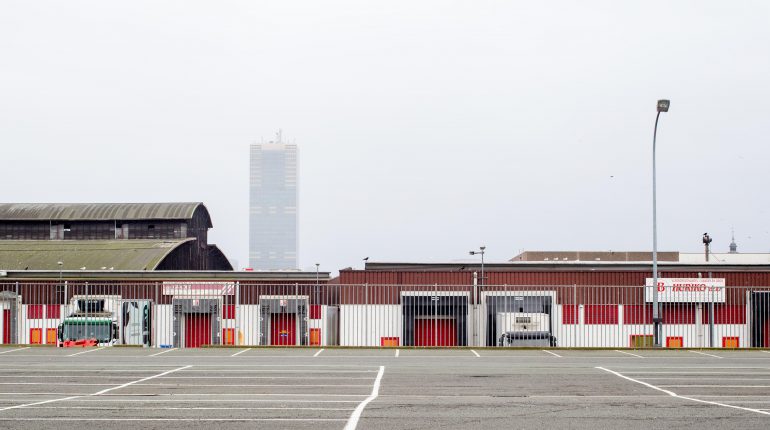In recent years, European cities have been transforming post-industrial wastelands into attractive new urban districts. Remarkable projects have led to successful urban regeneration, but at the same time functions such as production, manufacturing, food supply, maintenance and repair have been pushed out of the city.
Yet productive activity is an integral part of the city. If we want the city to become a sustainable and resilient metabolism, it must be more than just a place for consumption. If we want to maintain and facilitate the integration of production in the city, we need to invent new urban typologies that combine housing and productive activity, and offer them visibility in the public space.
This desire to keep productive activities in the city has been on the Brussels political agenda for several years, thanks in particular to the Canal Plan, and Brussels has acted as a laboratory for developing innovative, high-quality solutions. The Canal area, which crosses Brussels from north to south, is the most important strategic zone for the development of a new productive and urban economy.
The BMA supported and defended this position, as the “Productive City” was one of the main themes of Kristiaan Borret’s first term of office. In 2016, this led to the introduction of Research by Design, a new tool for the Canal Plan, and the introduction of the Canal Team, an exemplary and innovative model of cross-sector urban governance, made up of several Brussels public administrations. In the same year, the BMA took the initiative with perspective.brussels to launch the research project “A Good City Has Industry”, which culminated in an exhibition at Bozar. In 2019, to showcase this production, the BMA compiled a book entitled “Brussels Productive City” featuring more than 25 architectural projects that provide innovative responses to the issue of production in the city.
Today, Brussels is recognised as a pioneering city that has been able to develop innovative solutions and put them into practice. Its expertise and know-how are widely recognised in Belgium, Europe and internationally, as evidenced by the many publications, articles, research, seminars, town planning awards and visits on the subject.
